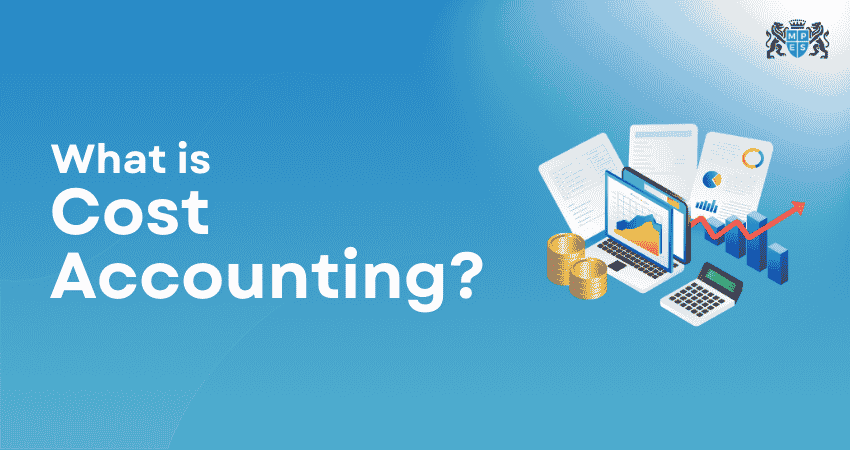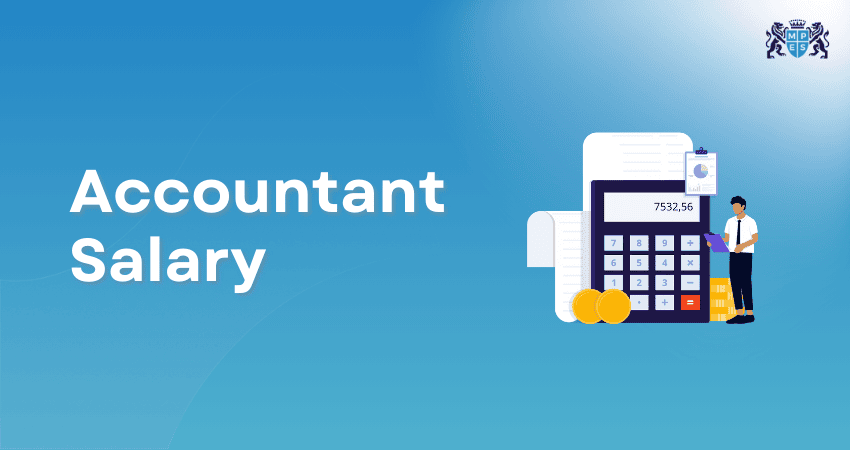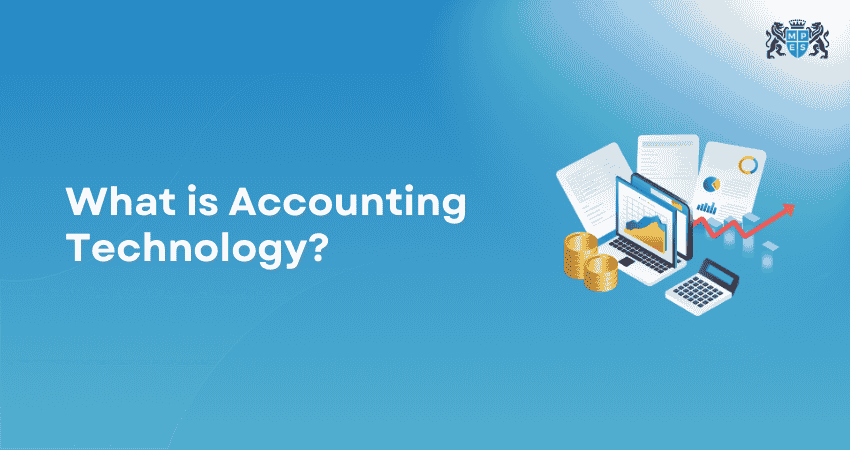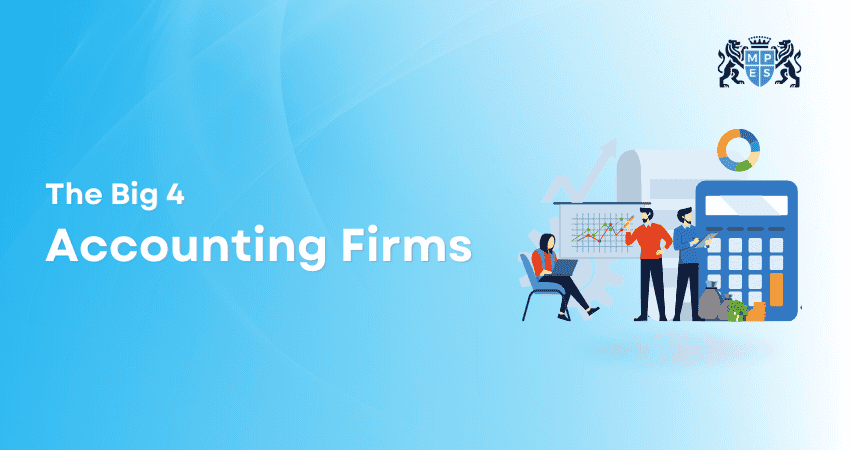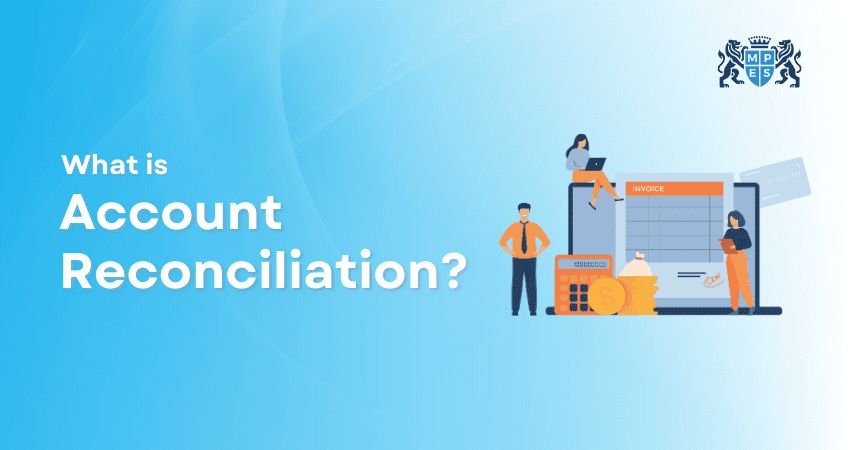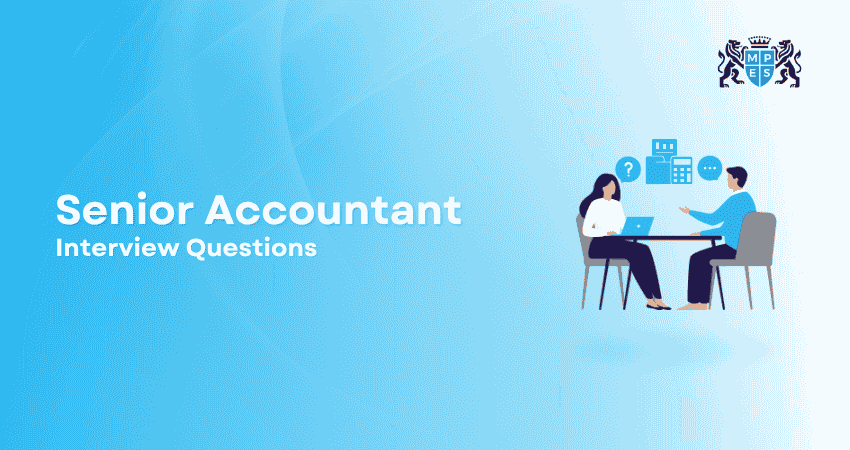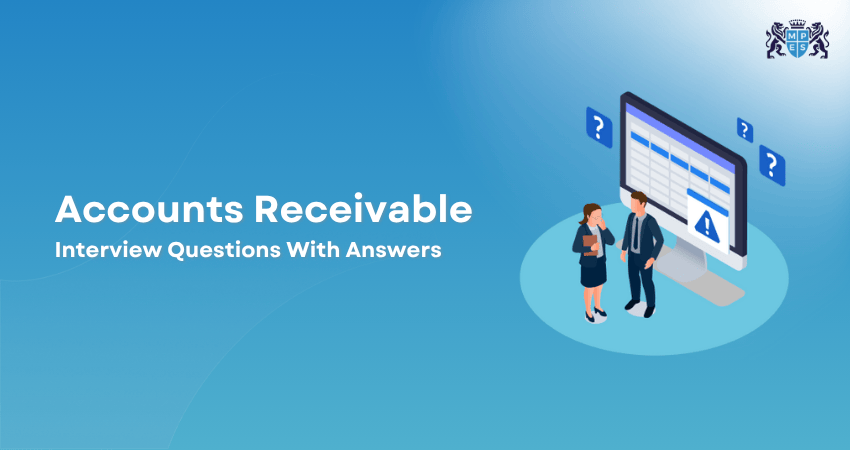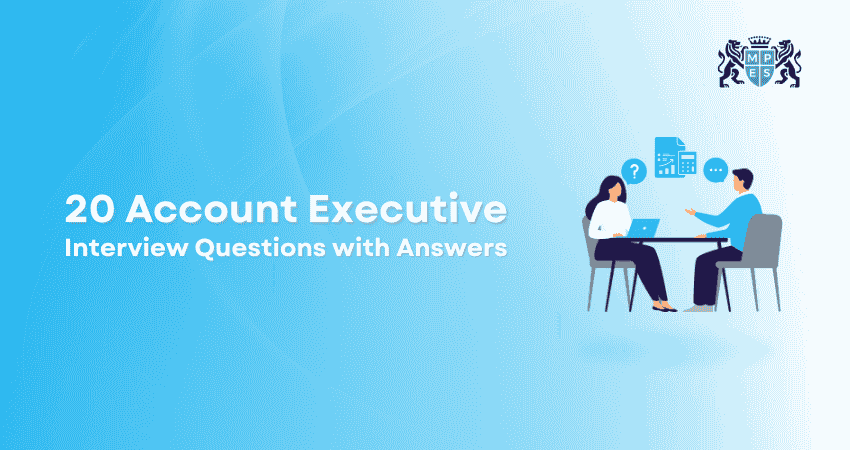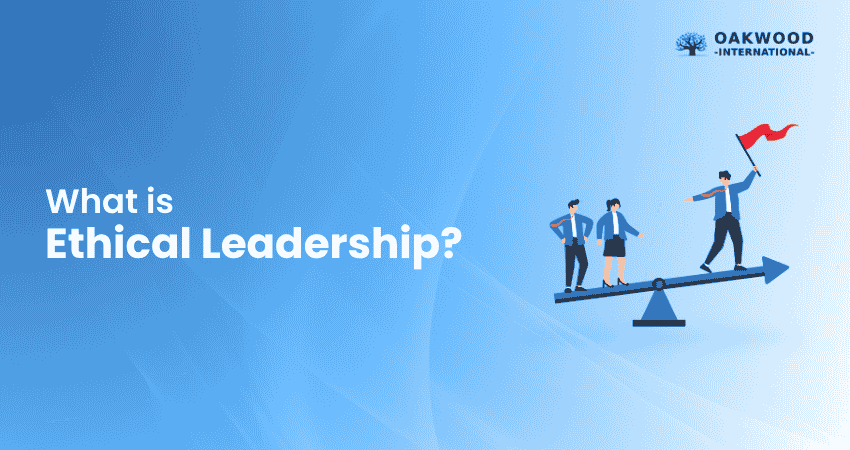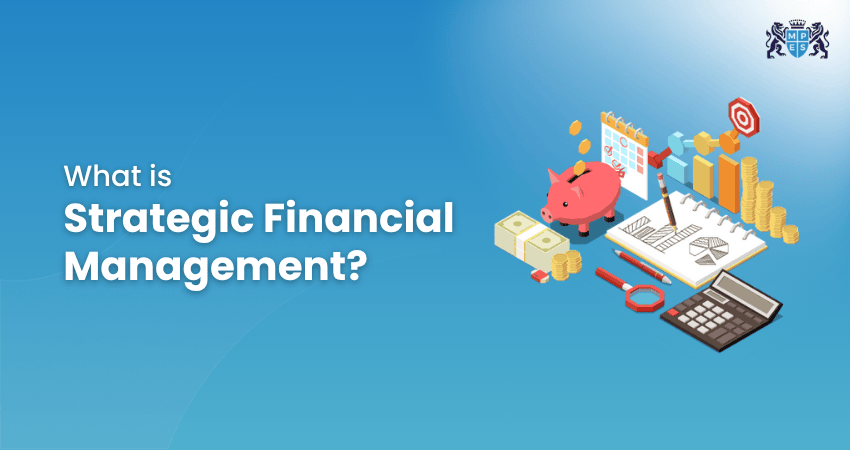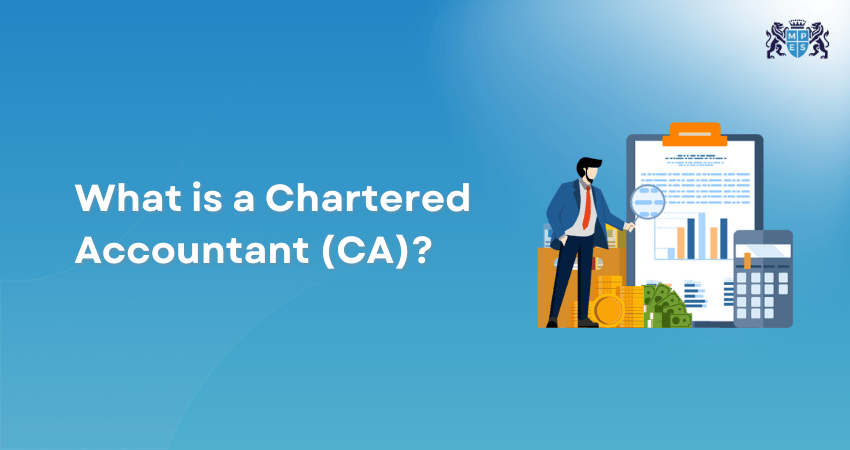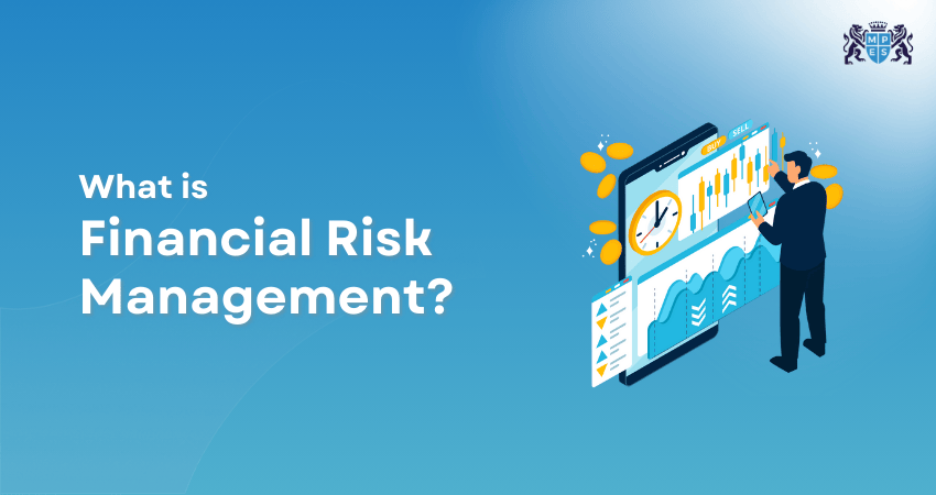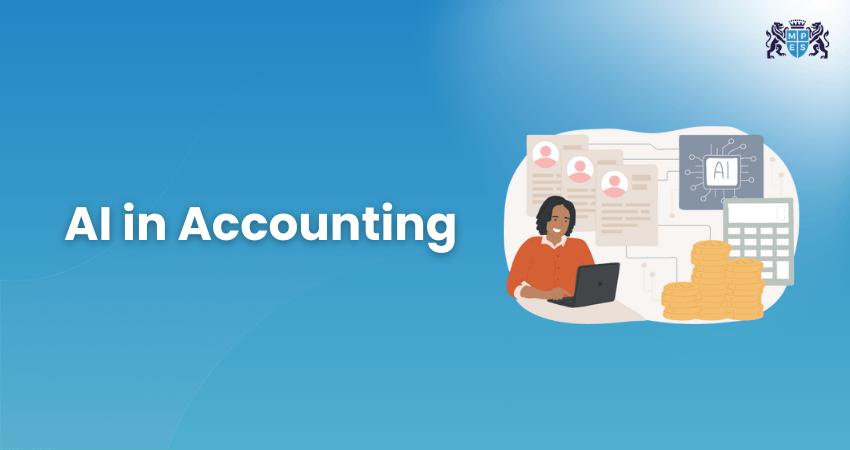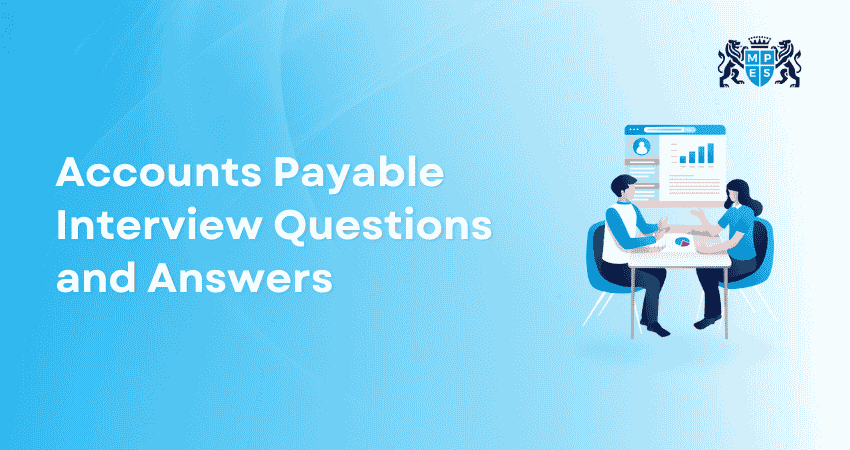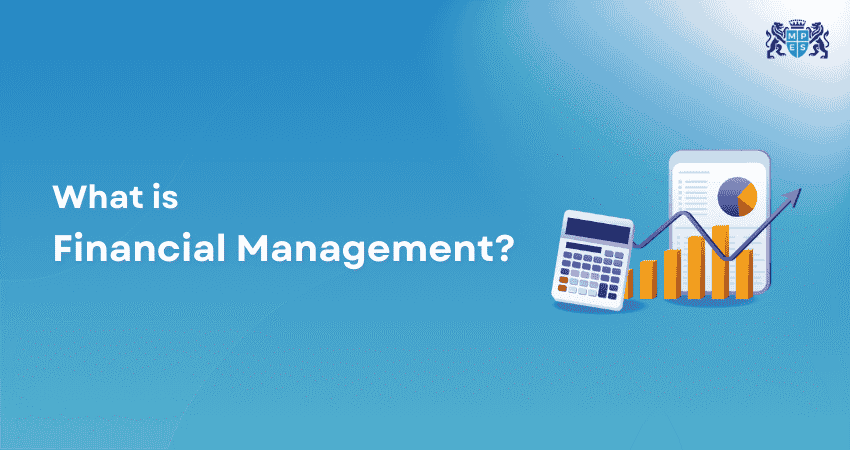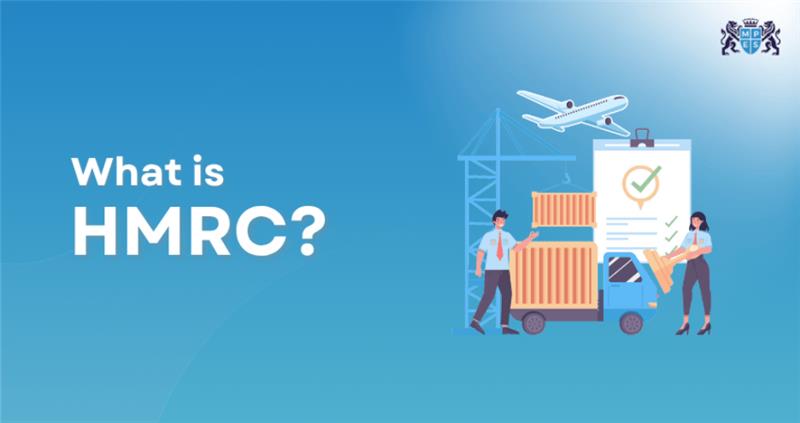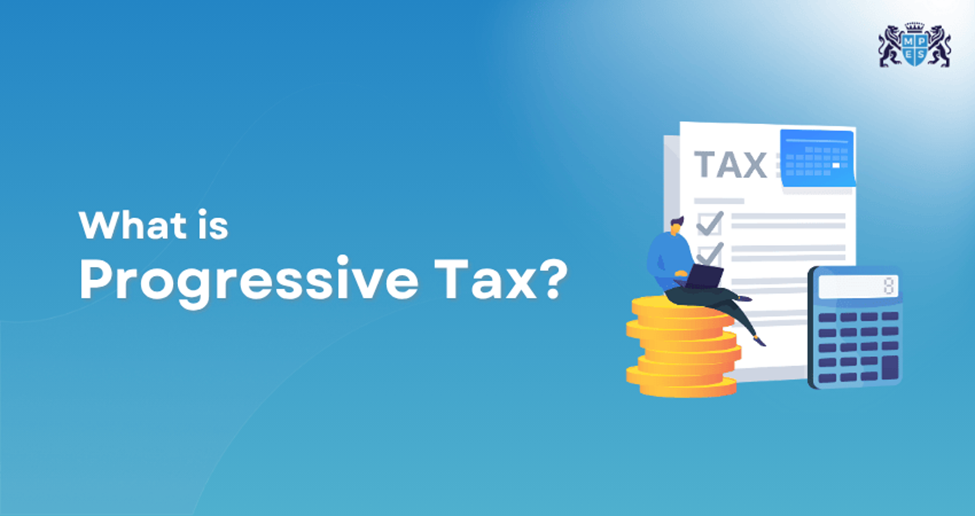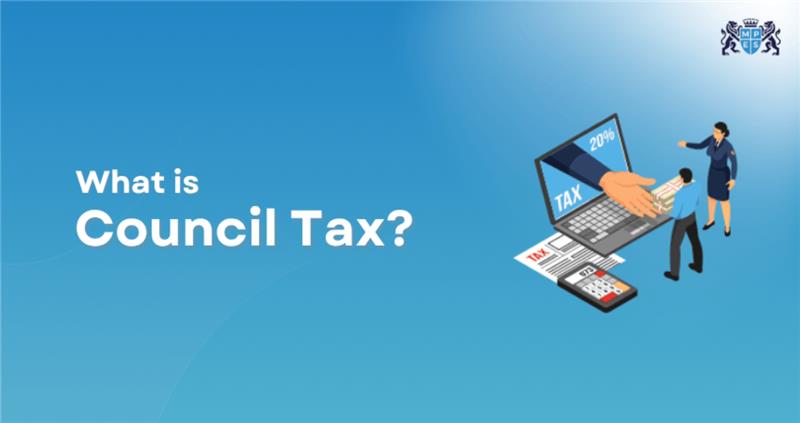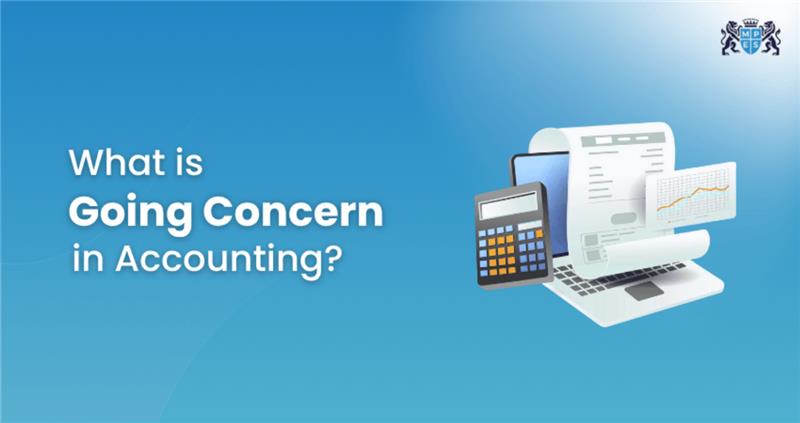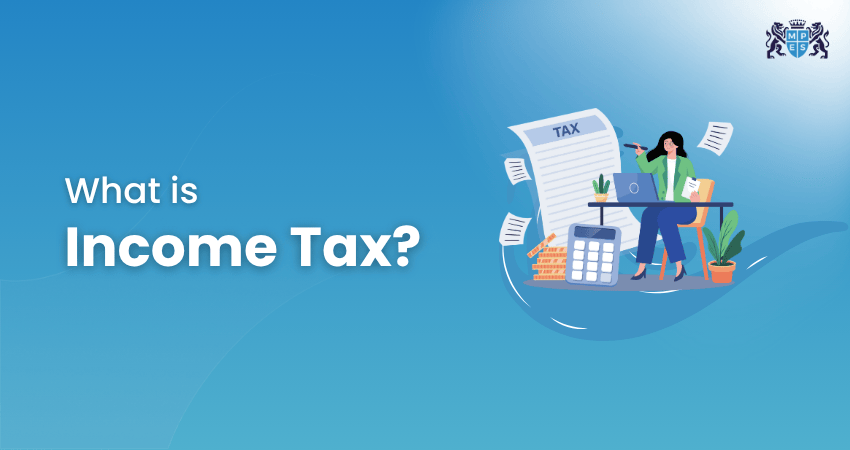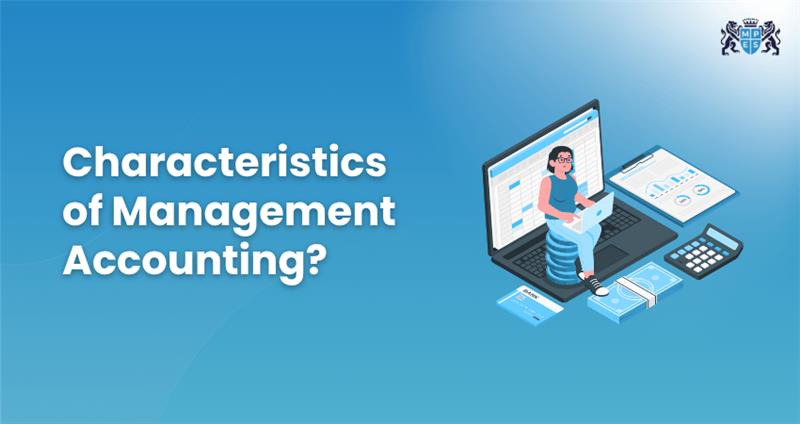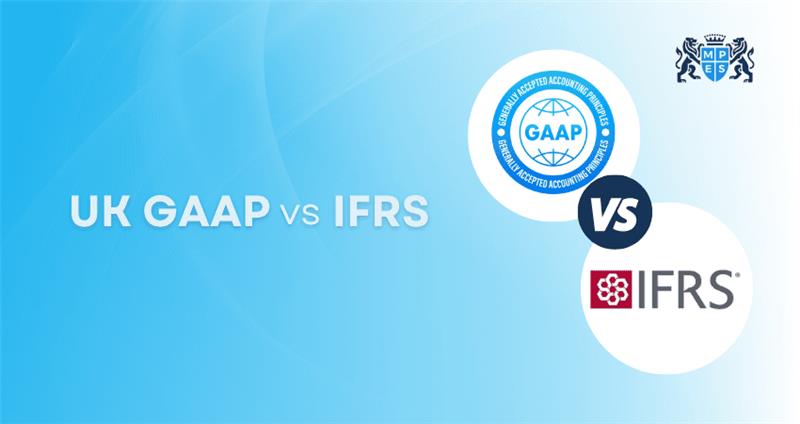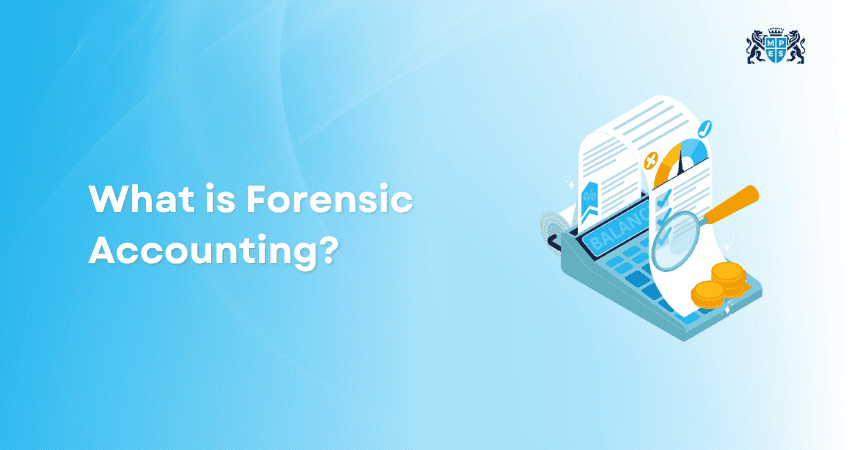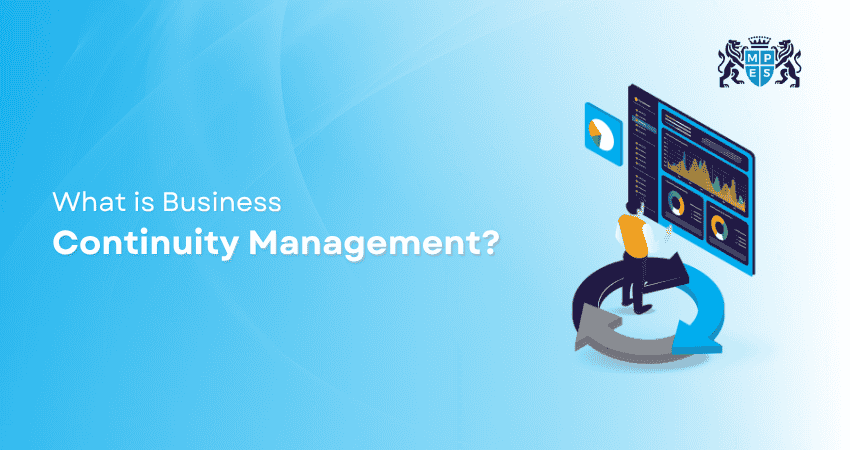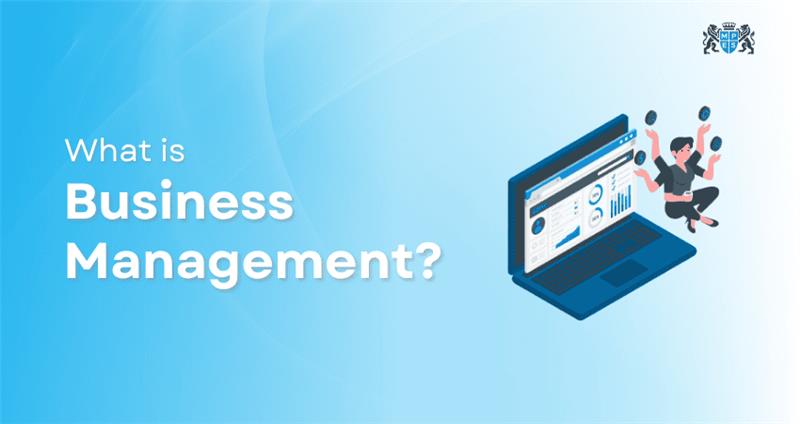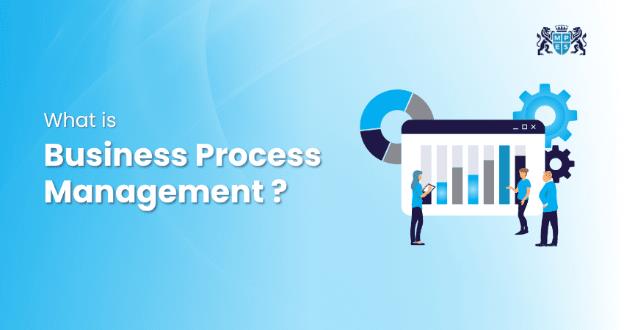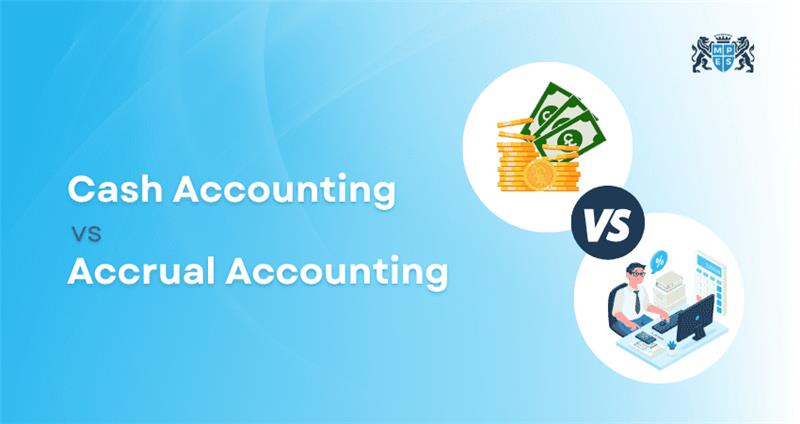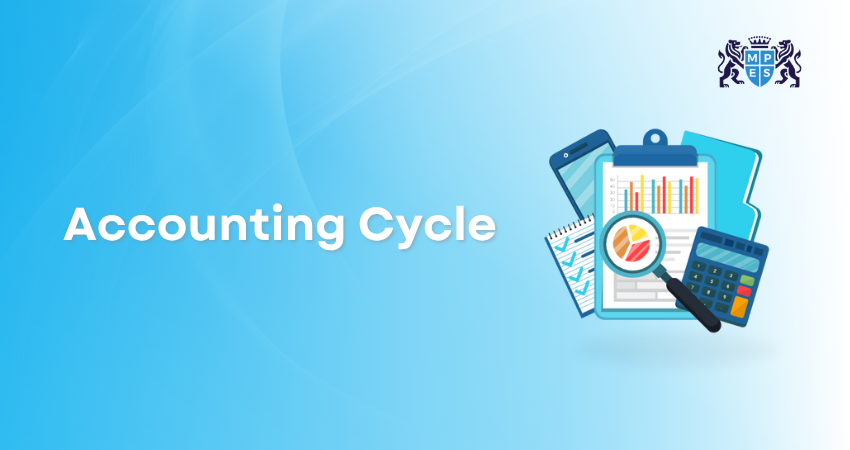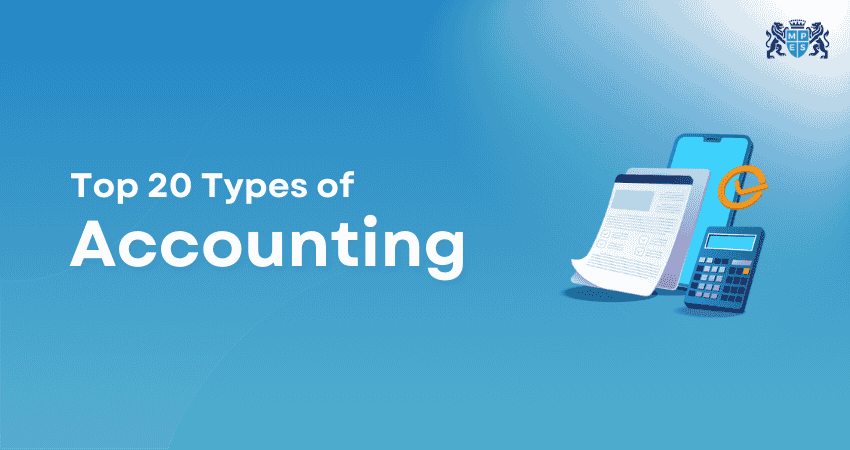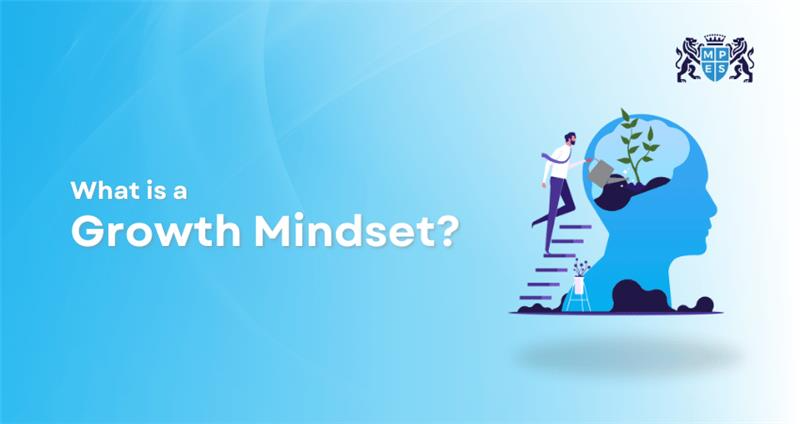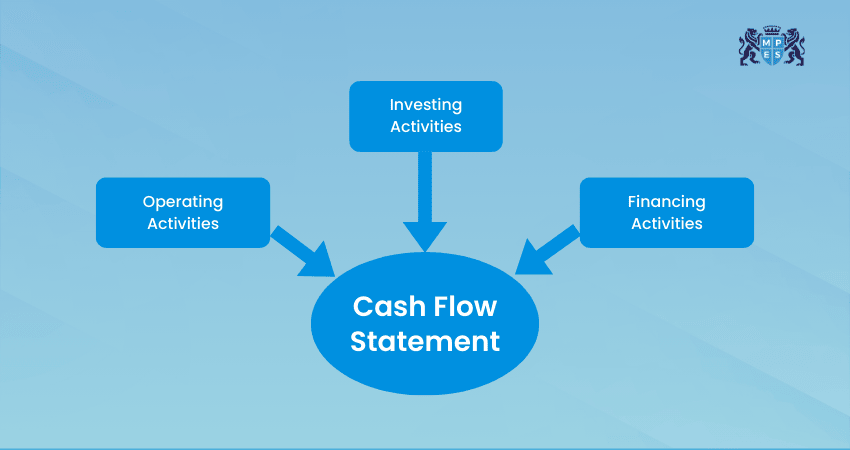Learning Options
- Online Video-Based Learning
- Flexible Schedule
- Expert Trainers with Industry Experience
- High Pass Rates
- 24/7 Personalised Support
- Interactive Learning Materials
- Live Online Classes
- Expert Trainers with Industry Experience
- Live Assessment and Feedback
- Interactive Learning Materials
- Networking Opportunities
- High Pass Rates
Overview
The Praxis Framework™ Foundation and Practitioner Course is designed for professionals seeking to enhance their project management and delivery skills. Mastering the Praxis Framework™ is crucial for success in managing projects, programmes, and portfolios, ensuring that projects are delivered on time, within scope, and with maximum value. This course provides delegates with a comprehensive understanding of the Praxis Framework™ methodology, equipping them with the tools and techniques needed to manage projects and programmes effectively.
This course covers key aspects of project management, including the principles of delivery, governance, risk management, and stakeholder engagement. Delegates will learn how to implement the Praxis Framework™ to ensure project success, improve team collaboration, and manage project resources efficiently. By mastering these concepts, professionals will be empowered to manage complex projects and contribute to their organisation’s strategic goals.
This 5-Day course by MPES ensures an engaging and interactive learning experience, featuring real-world case studies and practical exercises. It is ideal for individuals looking to advance their careers in project management, aiming to gain in-depth knowledge of the Praxis Framework™ and its application in both foundation and practitioner levels.
Course Objectives
- Understand the principles and best practices of the Praxis Framework™
- Enhance skills in governance, delivery, and risk management
- Master techniques for managing stakeholder expectations and communications
- Grasp key concepts of portfolio and programme management within the Praxis Framework™
- Learn to implement the Praxis Framework™ effectively in real-world scenarios
- Gain proficiency in managing project complexity and uncertainty
- Improve decision-making and problem-solving using Praxis Framework™ tools and methods
Upon completion, delegates will be equipped with the confidence and expertise to manage projects, programmes, and portfolios successfully. They will be able to apply the Praxis Framework™ to deliver high-quality projects that align with organisational objectives and drive business outcomes.

Average completion time
5 Month
with unlimited support
100% online
Start anytime
Study At Your Own PaceCourse Includes
Course Details
Develop your understanding of essential financial, business and management accounting techniques with ACCA Applied Knowledge. You'll learn basic business and management principles and the skills required of an accountant working in business.
Entry Requirements
Professional Background: No prior experience with project management is required; however, familiarity with basic project concepts will be advantageous for a smoother learning experience.
Language Proficiency: Learners must have a strong command of English, as all course content, discussions, and assessments are delivered in English.
Interest in Project Management: The course is ideal for professionals aiming to enhance their project management skills and knowledge, especially those looking to progress in project, programme, or portfolio management roles.
Learning Outcomes
Understand the Praxis Framework™: Gain comprehensive knowledge of the Praxis Framework™ methodology, including its principles, processes, and practices, and how to apply it effectively to various projects.
Master Project Management Tools: Learn essential project management tools and techniques, such as risk management, stakeholder engagement, and scheduling, to enhance project delivery and efficiency.
Develop Advanced Leadership Skills: Understand the roles and responsibilities of a project manager, develop strategic thinking, and refine leadership skills to manage teams and stakeholders effectively.
Apply the Praxis Framework™ Across Projects: Learn how to implement the Praxis Framework™ within your organisation, aligning projects with strategic objectives and ensuring successful project outcomes.
Target Audience
- Project Managers
- Programme Managers
- Portfolio Managers
- Project Coordinators
- Business Analysts
- Consultants
- Project Support Staff
- Operations Managers
The Praxis Framework™ Foundation and Practitioner Course is designed for professionals who want to strengthen their project management skills and apply the Praxis Framework™ effectively. This course is beneficial for:
Course content
- Value of ‘Free’
- Discontinuous Mind
- Praxis Context
- Goals of P3 Management
- Central Elements of Both Project and Programme Management
- Typical Characteristics of Programme Management
- Core Elements of Portfolio Management
- Commonly Identified Areas of Complexity for Projects and Programmes
- Time to Drop Quality
- Expansion of the Triple Constraint within the Praxis Method
- Goals of Life Cycle Management
- P3 Life Cycle Phases and Governance Mechanisms
- Typical Serial Project Life Cycle
- Parallel Project Life Cycle
- Parallel Project Iteration
- Typical Programme Life Cycle
- Typical Portfolio Life Cycle
- Characteristics of an Agile Project and its Relationship with the Triple Constraint
- Scrum Development Process Used in Agile Projects
- Praxis and DSDM Agile
- Goals of Sponsorship
- Characteristics of a Sponsor
- Goals of Knowledge Management
- Establishing Knowledge Management
- Goals of Capability and Maturity Management
- CMMI Capability and Maturity Levels
- Praxis and Other P3 Guidance
- Praxis Delivery Functions
- Integrative Management Functions
- Principles, Goals and Procedure of Organisation Management
- Organisation Management – Levels
- Standard Project Structure
- Programme Structure
- Organisation Management Plan
- Principles, Goals and Procedure of Stakeholder Management
- Stakeholder Map
- Stakeholder Management Plan
- Stakeholder Register
- Principles and Goals of Business Case Management
- Business Case
- Justification
- Principles and Goals of Planning
- Management Plans
- Delivery Plans
- Inherent Uncertainty
- Typical Sections of a Delivery Plan
- Principles and Goals of Control
- Categories of Control Techniques
- RAG Reports
- Control Management Plan
- Principles and Goals of Assurance
- Assurance
- Assurance Management Plan
- Principles, Goals and Procedure for Information Management
- Information Management Plan
- Principles and Goals of Scope Management
- Scope Management Procedure
- Terminology of Scope
- Scope Documents and Product Documents
- Product Definition Techniques
- Scope Management Plan
- Principles, Goals and Procedure of Requirements Management
- Characteristics of a Well Specified Requirement
- Purpose of Value Management
- Requirements Management in Project and Programmes
- Principles, Goals, and Procedures of Solutions Development
- Principles, Goals and Procedure of Benefits Management
- Benefits Management Plan
- Principles, Goals, and Procedures of Change Control
- Principles, Goals, and Procedures of Configuration Management
- Principles, Goals, and Procedures of Schedule Management
- Time Scheduling
- Factors Affecting Choice of Technique
- Time Scheduling Techniques
- Gantt Chart
- Network Diagram – Precedence Diagram
- Critical Path Analysis
- Forward Pass
- Backward Pass
- Float Calculations
- Types of Floats
- Resource Scheduling
- Resource Limited Scheduling
- Options for Manipulating Activities
- Options for Manipulating Resources
- Estimating Techniques
- Schedule Management Plan
- Principles, Goals, and Procedures of Finance Management
- Principles, Goals, and Procedures of Investment Appraisal
- Factors to be Included
- Investment Appraisal Techniques
- Scoring Methods
- Payback Method
- Discounted Cash Flow
- Principles, Goals, and Procedures of Funding
- Principles, Goals, and Procedures of Budgeting and Cost Control
- Base Cost
- Major Components of a P3 Budget
- Types of Costs to be Tracked
- Finance Management Plan
- Principles, Goals, and Procedures of Risk Management
- Risk Context
- Risk Assessment Techniques
- Probability-Impact Assessment
- Risk Responses
- Risk Management Plan
- Risk Register
- Principles, Goals, and Procedures of Change Management
- Change Management Models
- Principles, Goals, and Procedures of Resource Management
- Principles, Goals, and Procedures of Procurement
- Principles, Goals, and Procedures of Contract Management
- Universal Principles Governing Contracts
- Typical Contract Information and ‘Conditions’
- Principles, Goals, and Procedures of Mobilisation
- Resource Management Plan
- Identification Process
- Appoint Identification Team
- Review Previous Lessons
- Prepare Brief
- Prepare Definition Plan
- Review Request for Authorisation
- Provide Management Support
- Confirm Closure
- Definition Process
- Appoint Definition Team
- Pre-authorisation Work
- Consolidate Definition Documentation
- Delivery Process
- Authorise Work
- Progress Report
- Event Report
- Update and Communicate
- Accept Completed Work
- Close and Review the Previous Tranche/Stage
- Assemble Documentation
- Development Process
- Accept Work Package
- Context of the Development Process
- Closure Process
- Prepare for Closure
- Benefits Realisation Process
- Prepare for Transition
- Conclude Transition
- Goals of Communication
- David Berlo’s Components of Communication
- Goals of Conflict Management
- Thamhain and Wilemon - Sources of Conflict
- Tuckman
- Conflict Management Models Maccoby and Scudder
- Conflict Management Models Thomas-Kilmann
- Goals and Procedure of Delegation
- SMART Objectives
- MoSCoW Prioritisation
- Goals of Leadership
- Hersey and Blanchard
- Adair’s Action-Centred Leader
- Maslow’s Hierarchy of Needs
- In P3 Management Terms
- Hertzberg
- Goals of Influencing
- Cialdini’s Six Principles of Influence
- Cohen and Bradford Influence Model
- Ethics
- Montana and Charnov’s Seven Forms of Power
- Goals of Negotiation
- Typical Procedure of Negotiation
- Shell’s Five Styles of Negotiation
- Goals of Teamwork
- Belbin Team Roles
- Katzenbach and Smith’s Level of Teamwork
- Life Cycle Management
- P3 Life Cycle Phases and Governance Mechanisms
- Project and Programme Processes
- Identification Processes
- Sponsorship Process
- Characteristics of a Sponsor
- Leadership
- Hersey and Blanchard
- Adair's Action-Centred Leader
- Maslow’s Hierarchy of Needs
- P3 Management Terms
- Hertzberg
- Prepare Brief
- Stakeholder Management
- Stakeholder Map
- Goals of Influencing
- Cialdini's Six Principles of Influence
- Cohen and Bradford Influence Model
- Ethics
- Montana and Charnov’s Seven Forms of Power
- Business Case
- Justification
- Prepare Definition Plan
- Definition Process
- Standard Project Structure
- Programme Structure
- Teamwork and Tuckman
- Katzenbach and Smith’s Level of Teamwork
- Conflict Management
- Thamhain and Wilemon - Sources of Conflict
- Conflict Management Models Maccoby and Scudder
- Conflict Management Models Thomas-Kilmann
- Management Plans
- Plan Delivery
- Delivery Plans
- Typical Sections of a Delivery Plan
- Scope Management and Procedure
- Product Definition Techniques
- Requirements Management
- Purpose of Value Management
- Solutions Development
- Benefits Management
- Change Control
- Configuration Management
- Time Scheduling
- Factors Affecting the Choice of Technique
- Gantt Chart
- Network Diagram – Precedence Diagram
- Critical Path Analysis
- Resource Limited Scheduling
- Finance Management
- Investment Appraisal
- Scoring Methods
- Payback Method
- Discounted Cash Flow
- Funding
- Budgeting and Cost Control
- Probability-Impact Assessment
- Risk Responses
- Change Management
- Procurement
- Contract Management
- Goals of Negotiation
- Shell's Five Styles of Negotiation
- Mobilisation
- Delivery Process
- Information Management
- Control
- RAG Reports
- Earned Value Management
- Where Will the Trend Lead?
- Goals of Communication
- David Berlo’s Components of Communication
- Boundaries Process
- Assurance
- Development Process
- Context of the Development Process
- Delegation
- Closure Process
- Benefits Realisation Process
Module 1: Introduction to Praxis
Module 2: Life Cycle Management
Module 3: Agile Project
Module 4: Knowledge and Maturity Management
Module 5: Integrative and Organisation Management
Module 6: Stakeholder Management
Module 7: Planning
Module 8: Assurance
Module 9: Scope Management Plan
Module 10: Requirements Management
Module 11: Benefits, Configuration, and Schedule Management
Module 12: Techniques and Charts
Module 13: Scheduling
Module 14: Investment, Budget, and Funds
Module 15: Risk Management
Module 16: Change, Contract, and Resource Management
Module 17: Project and Programme Processes
Module 18: Sponsorship Process
Module 19: Plan Delivery
Module 20: Boundaries and Closure Process
Module 21: Interpersonal Skills and Conflict Management
Module 22: Leadership
Module 23: Influencing
Module 24: Negotiation
Module 25: Introduction to P3 Management
Module 26: Business Case Management
Module 27: Planning
Module 28: Schedule Management
Module 29: Resource Scheduling
Module 30: Options for Manipulating Activities
Module 31: Risk Management
Module 32: Resource Management
Module 33: Communication
MPES Support That Helps You Succeed
At MPES, we offer comprehensive support to help you succeed in your studies. With expert guidance and valuable resources, we help you stay on track throughout your course.
- MPES Learning offers dedicated support to help you succeed in Accounting and Finance courses.
- Get expert guidance from tutors available online to assist with your studies.
- Check your eligibility for exemptions with the relevant professional body before starting.
- Our supportive team is here to offer study advice and support throughout your course.
- Access a range of materials to help enhance your learning experience. These resources include practice exercises and additional reading to support your progress.
Career Growth Stories
Discover how MPES Learning transforms careers with real success stories.

Arvy Pasanting

As a qualified accountant, studying at MPES has been a very rewarding experience. Its team of passionate and dedicated mentors gave me the confidence and knowledge I needed to not just excel at my current role as an auditor, but also inspired me to expand my horizons.
Arvy Pasanting
David Ford

I was recommended MPES after searching for a way to pursue a career in the accounting profession, I have studied with them throughout my journey utilising both their “in class” and online learning opportunities that fit around the needs of my employer, I have found them to be consummate professionals delivering first class accounting courses with support always available.
David Ford
Aaron Allcote

As a finance officer, MPES has been a huge help in understanding the process of recording and processing transactions from all different perspectives. The courses are very easy to follow, and the training they provide can be applied to real-life scenarios. The courses have been a huge help for me, and I would highly recommend them.
Aaron Allcote
Bob Beaumont

I completed all of my ACA studies with MPES and I think you would struggle to find a better training provider anywhere in the British Isles. MPES' tutors are excellent both at delivering training and giving individualised feedback and coaching. the supporting materials and the out of class support are also great.
Bob Beaumont
George Evans

The Financial Risk Management Course at MPES was invaluable in deepening my understanding of risk assessment and mitigation strategies. The hands-on learning approach allowed me to apply new concepts directly to my work. I highly recommend it for professionals in finance.
George Evans
James Robinson

As a financial consultant, I am always seeking ways to enhance my expertise. The Investment Analysis Course at MPES exceeded my expectations, offering practical skills and knowledge that I can apply immediately in my consulting work. It's an outstanding choice for professionals in finance.
James Robinson
Laura Bennett

The Corporate Finance Course I attended at MPES was transformative. The depth of knowledge shared by the instructors and the relevance of the topics covered have directly impacted on our financial strategy. I strongly endorse this program for anyone in a leadership position in finance.
Laura Bennett
Emma Johnson

The Financial Modeling and Valuation Course at MPES was incredibly insightful. The practical applications and real-world examples helped solidify my understanding of complex concepts. I highly recommend this course to anyone looking to enhance their financial acumen.
Emma JohnsonHave Questions? We’ve Got You
If you have any questions, we’re here to help. Find the answers you need in the MPES detailed FAQ section.
Q. What is the primary objective of the Praxis Framework™ Foundation and Practitioner course?
The course aims to provide delegates with a comprehensive understanding of the Praxis Framework™ for managing projects, programmes, and portfolios. It equips learners with the tools and techniques to optimise delivery and achieve successful project outcomes.
Q. Who should attend this course?
This course is ideal for project managers, programme managers, team members, and professionals seeking to enhance their skills in project management and align with industry-recognised frameworks.
Q. What will I learn from this course?
Delegates will learn the principles, processes, and tools of the Praxis Framework™, including how to apply its guidance effectively to manage projects and programmes while improving their strategic alignment and delivery capabilities.
Q. How does this course benefit my organisation?
By adopting the Praxis Framework™, organisations can improve their project and programme delivery efficiency, streamline resource management, and enhance collaboration for better business outcomes.
Q. How will this course benefit my career growth?
Earning the Praxis Framework™ Foundation and Practitioner certification demonstrates your expertise in project and programme management, boosting your professional credibility and expanding your career opportunities in leadership roles.
Related Courses
Explore additional courses designed to complement your learning journey and enhance your professional skills. Expand your knowledge with these expertly curated options tailored to your career goals.



Resources
Access a wide range of free resources to support your learning journey. From blogs to news and podcasts, these valuable guides are available at no cost to help you succeed.
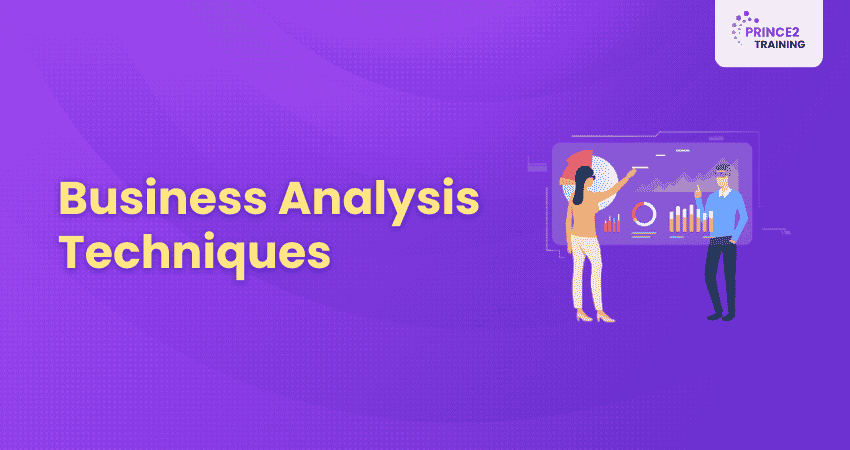
Top 15 Effective Business Analysis Techniques to Achieve Success
Veronica Davis14-Jan-2025
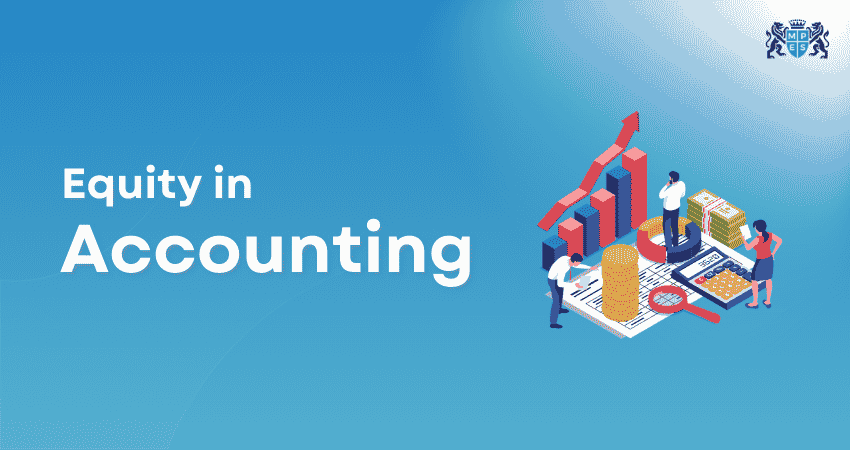
Equity in Accounting: Meaning, Components & How to Calculate it
Maria Thompson10-Jan-2026
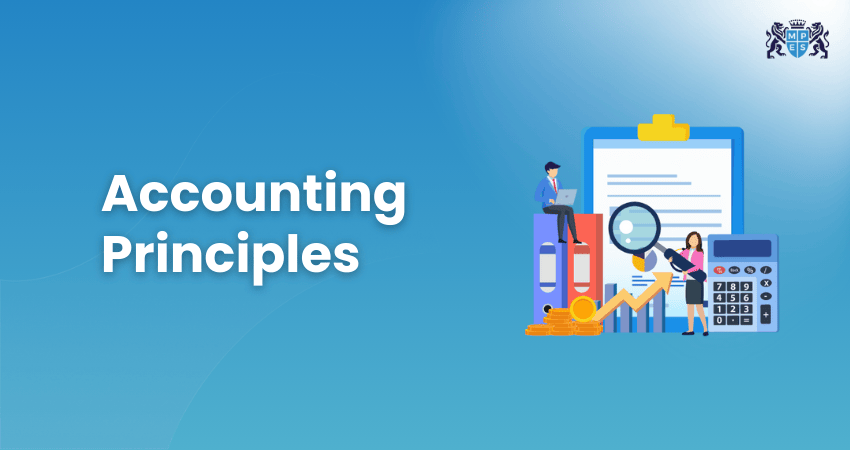
Accounting Principles: Definition, Types, Importance, and Benefits
Grace Mitchell22-Sep-2025
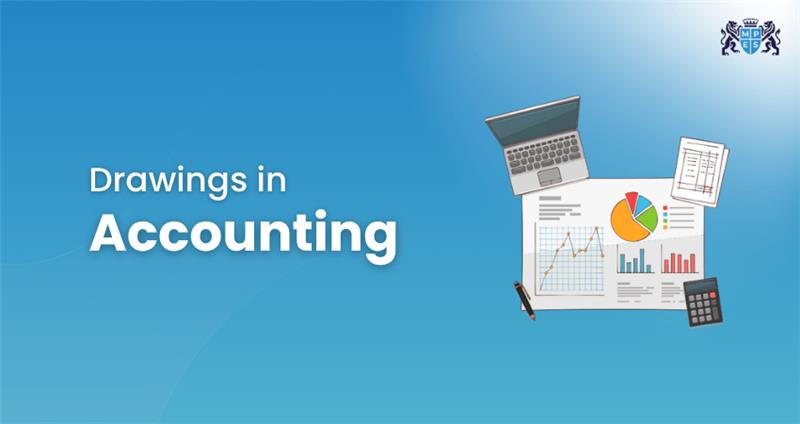
Drawings in Accounting: Definition, Characteristics, and Examples
Maria Thompson21-Jul-2025
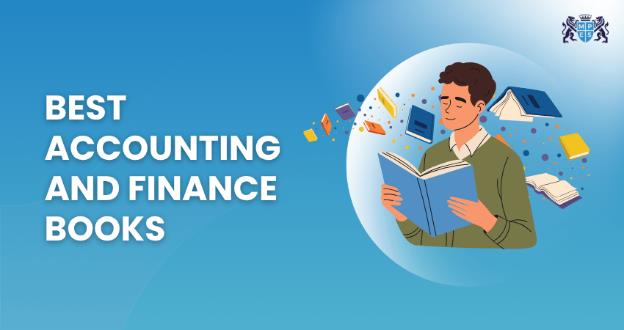
The Best Accounting and Finance Books for Professionals and Students
Maria Thompson07-Jul-2025

Activity-Based Costing (ABC): Definition, Benefits & Limitations
Maria Thompson16-Jun-2025

Job Shadowing: How it Benefits Teams via Observational Learning
Maria Thompson13-Jun-2025

Deferred Revenue: Definition, Liability Risks & Examples Explained
Maria Thompson10-Jun-2025
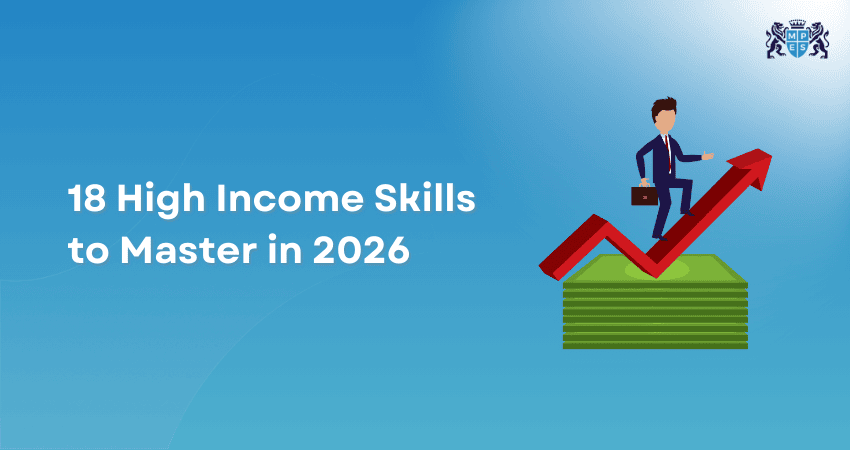
18 High Income Skills to Master in 2026 for Great Profitability
Maria Thompson26-May-2025

AI in Workplace: Benefits & Examples Shaping the Future of Work
Maria Thompson20-May-2025

15 Reasons Why to Become an Accountant: Benefits & Career Growth
Maria Thompson14-May-2025

How to Motivate Yourself: 20 Powerful Tips for Self-improvement
Maria Thompson12-May-2025
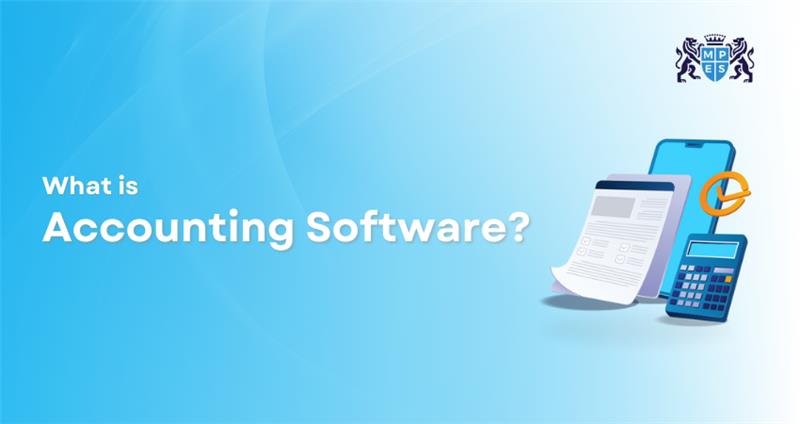
What Is Accounting Software? Features, Types & Benefits Explained
Maria Thompson07-May-2025

Cyber Security for Business: Meaning, Importance & Tips Explained
Maria Thompson02-May-2025

What is Bookkeeping, Its Importance and How to Become a Bookkeeper
Maria Thompson28-Apr-2025

Freelancing vs Full-Time Employment: Choosing the Right Career Path
Maria Thompson25-Apr-2025

What is Financial Reporting: Types, Importance and Uses Explained
Maria Thompson21-Apr-2025
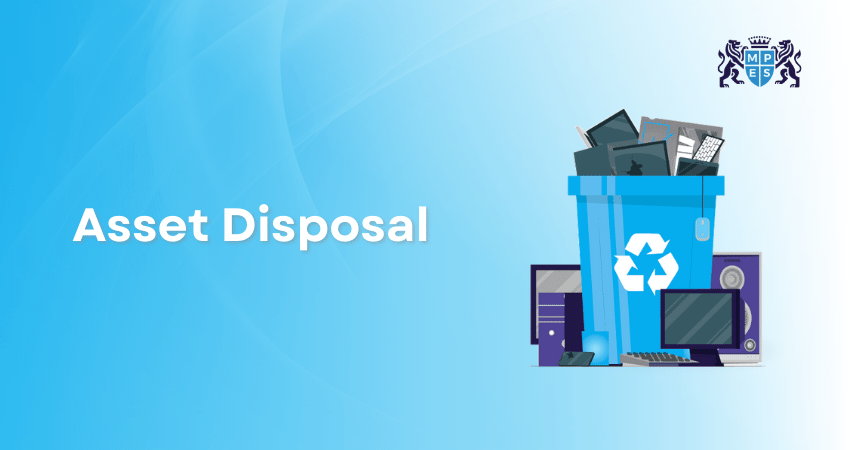
Asset Disposal: Definition, Types, Methods and Examples Explained
Maria Thompson16-Apr-2025

Allowable and Disallowable Expenses in the UK: Explained in Detail
Maria Thompson09-Apr-2025

What is Human Resource Management (HRM)? Principles and Functions
Maria Thompson08-Apr-2025

Navigating Career Transitions with the 10 Steps Framework Guide
Maria Thompson28-Mar-2025

Top 15 IT Soft Skills Every Tech Professional Should Have in 2025
Maria Thompson05-Mar-2025

Trade Payables: Definition, Benefits, Tips, and Examples for Business
Maria Thompson03-Mar-2025

What is Goodwill in Accounting? Importance, Types, and Examples
Maria Thompson11-Feb-2025

Audit vs. Assurance: Definitions, Key Differences & Similarities
Maria Thompson03-Feb-2025
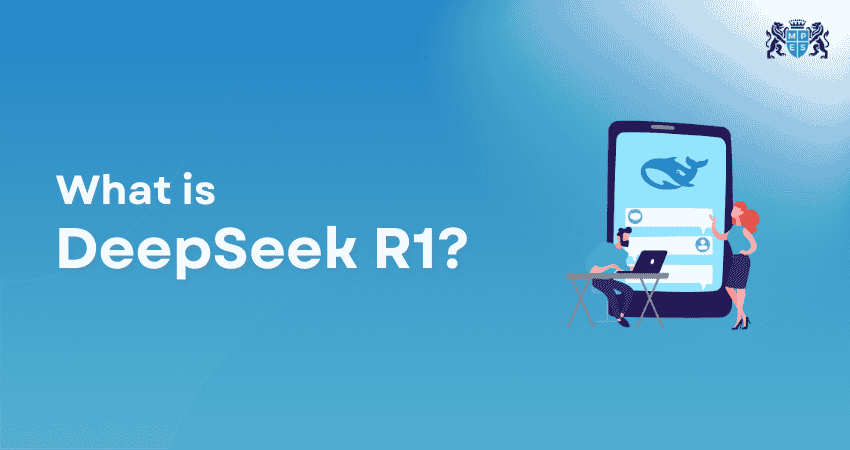
What is DeepSeek R1 Model, and How it Ranks Against OpenAI's o1?
Maria Thompson31-Jan-2025

What Is Cash Basis Accounting? Definition, Example and New Updates
Maria Thompson29-Jan-2025

Corporate Tax Planning: Definition, Types, Strategies, and Benefits
Maria Thompson27-Jan-2025

The Power of Resilience: Strategies to Develop Your Inner Strength
Maria Thompson23-Jan-2025

Financial Accounting vs Management Accounting: What's the Difference?
Maria Thompson22-Jan-2025
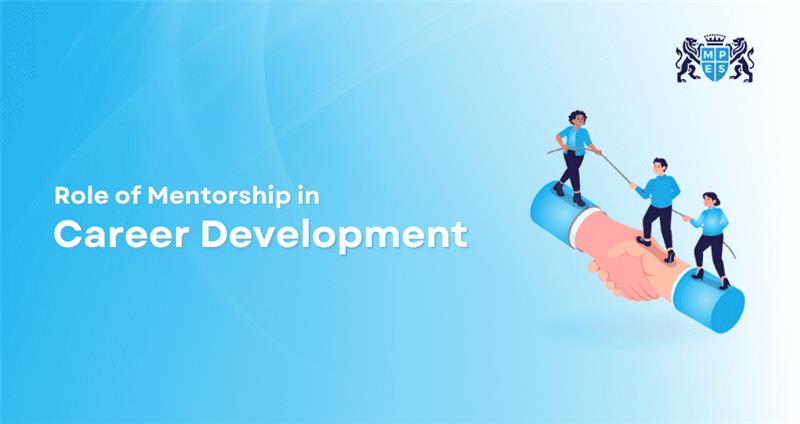
Role of Mentorship in Career Development: A Catalyst for Success
Maria Thompson16-Jan-2025

What is a Stakeholder: Definition, Types and Examples Explained
Maria Thompson13-Jan-2025

15 Reasons You Should Invest in Professional Development: Explained
Maria Thompson03-Jan-2025

What is Corporate Governance: Principles, Models, and Best Practices
Maria Thompson23-Dec-2024

What Is Management Accounting? Types and Key Functions Explained
Maria Thompson18-Dec-2024

Accounting Secrets to Effective Budgeting: Proven Strategies for Creating Effective Budgets
Maria Thompson16-Dec-2024

Financial Accounting in a Remote Work Era: Adapting Key Practices
Maria Thompson12-Dec-2024

Future-ready Accountants: Top Certifications to Bridge Skills Gaps in 2025
Maria Thompson04-Dec-2024
 Have Any Question?
Have Any Question?
 +44 7452 122728
+44 7452 122728






 Back
Back



